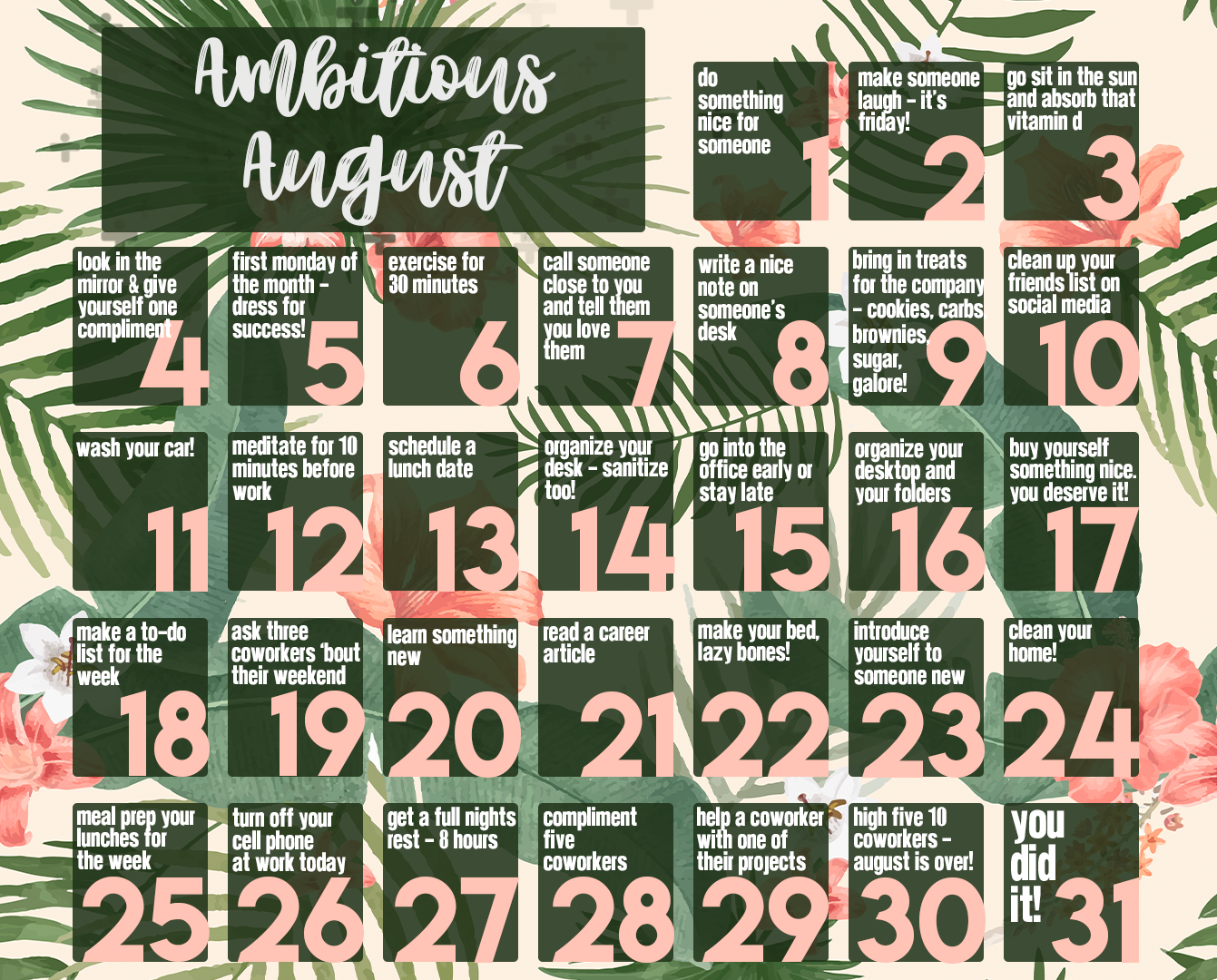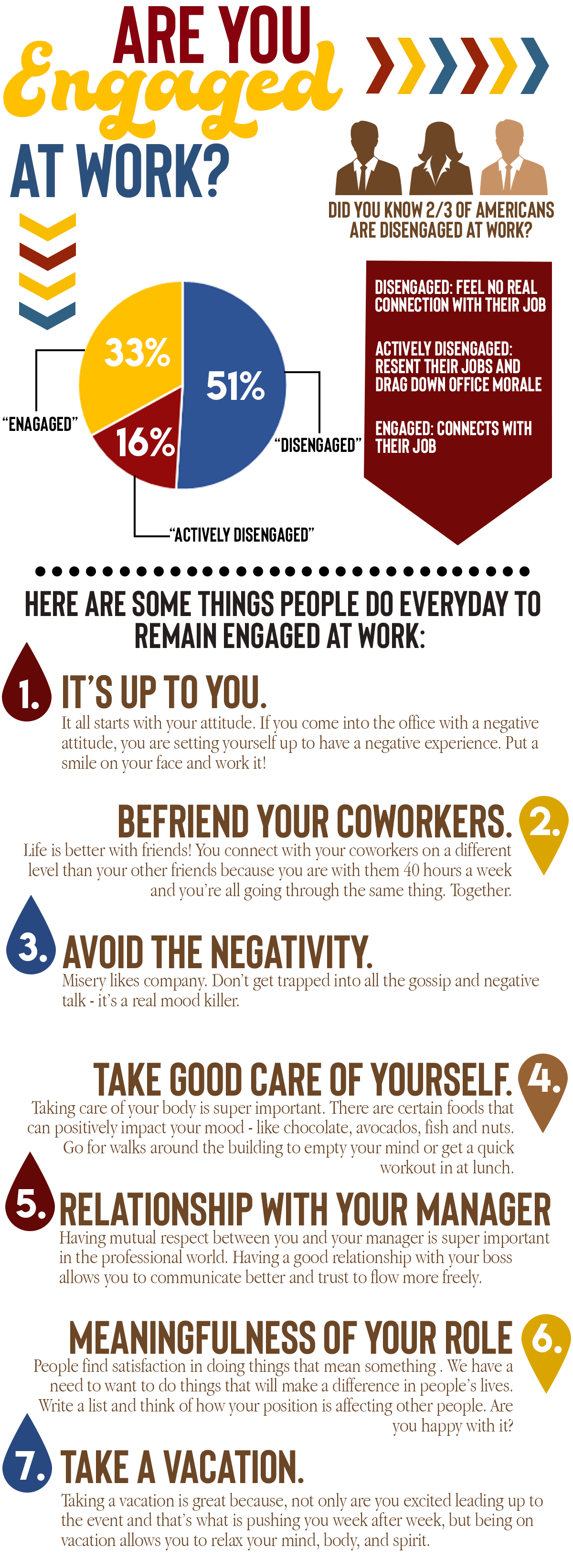The dynamic role of a medical office assistant requires equal parts customer service and clinical administration. However, even those with a keen eye for detail and a charming disposition still have a lot to learn if they want to secure a career in this rewarding role.
Where can I work as a medical office assistant?
Medical office assistants are vital to every healthcare facility, but their role varies from center to center. In larger facilities, like hospitals, medical office assistants usually work in more specialized positions. Focusing on one particular task, like billing or insurance utilization, allows them to effectively manage the higher patient workload and maintain effective customer service.
In centers with more specialized modes of care, medical office assistants must be more adept to multitask and sometimes take on roles outside of their normal scope. Because smaller facilities, like clinics, have less traffic, fewer patients, and lower workloads, medical office assistants often fill their days with a wide variety of tasks.
What are the job duties of a medical office assistant?
The responsibilities of a medical office assistant are rarely black and white. Overlapping duties include:
- Answering, returning, and transferring phone calls
- Greeting incoming patients
- Scheduling patient appointments
- Organizing, processing, and uploading patient documents
- Handling and processing patient payments and insurance forms
- Maintaining a clean and professional reception area
- Overseeing facility emails and digital communication
Regardless of what kind of facility a medical office assistant works in, they must have respectable phone etiquette and strong customer service skills. They must also be extremely organized and experienced with managing their own schedule.
How do I become a medical office assistant?
Beyond a high school diploma, GED, or equivalent experience, most employers prefer candidates to have a medical administrative assistant certificate along with one to two years of experience in a similar role. However, even candidates with no prior professional experience can succeed in a medical office assistant position with the help of a healthcare recruiter.
If you’re convinced that the role of medical office assistant is right for you, join the professional network at HealthCare Support. Our team of healthcare recruiters can guide you to the right facility for your schedule, location, and lifestyle. And, we can equip you with the tools to ace any interview and even negotiate a stronger compensation package for the start of your new career. To join our talent network and get ahead of the competition, call us today at 407-478-0332.






